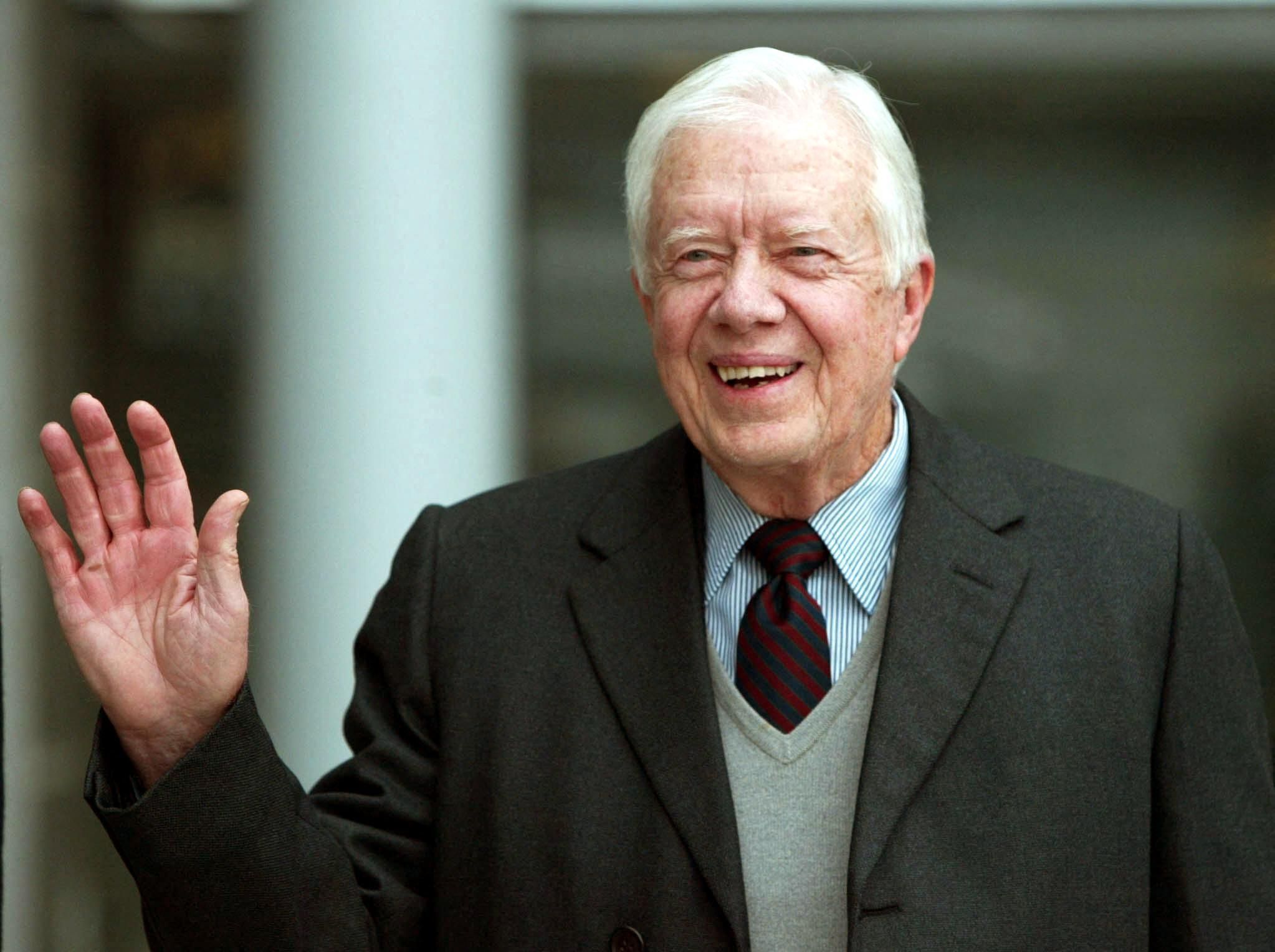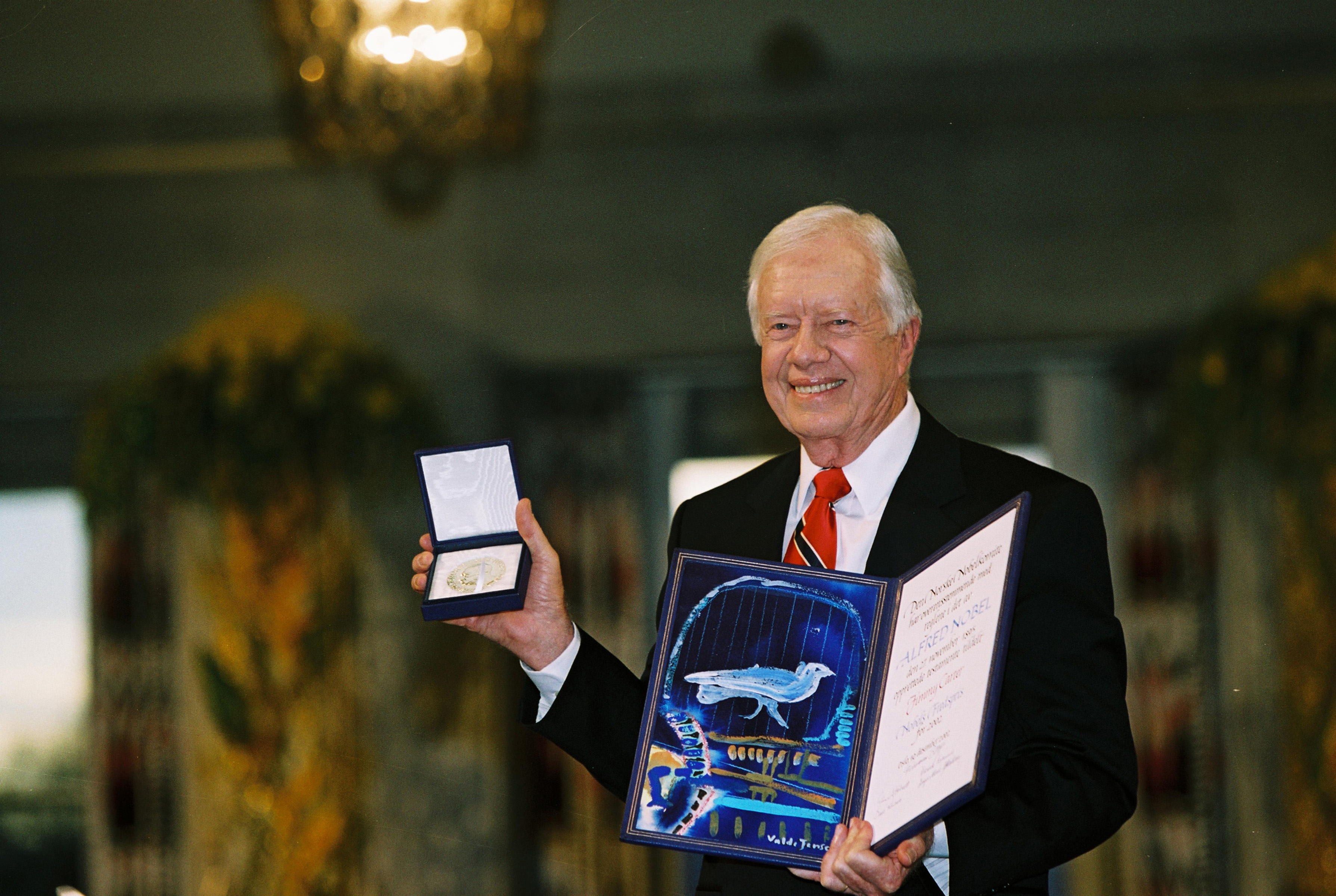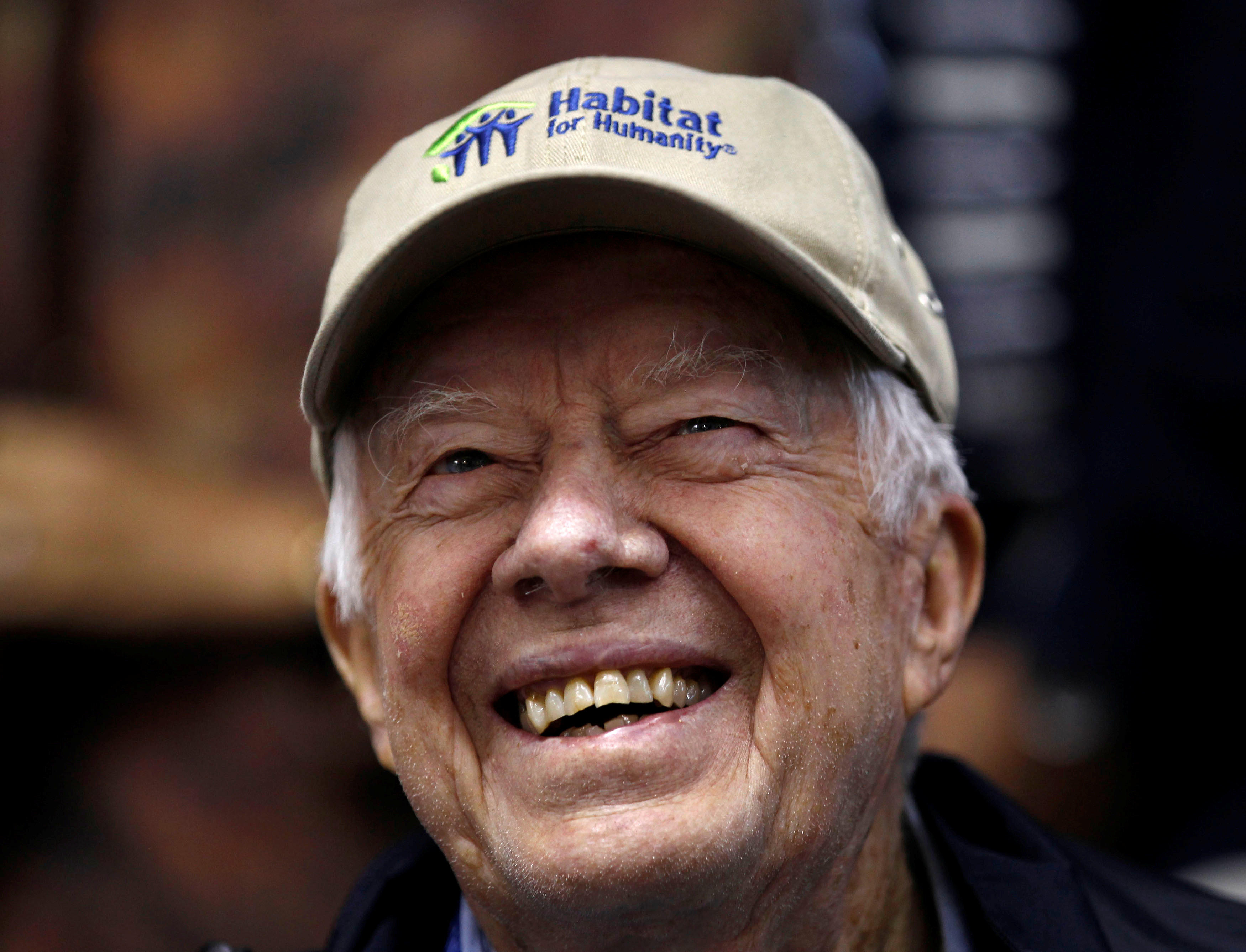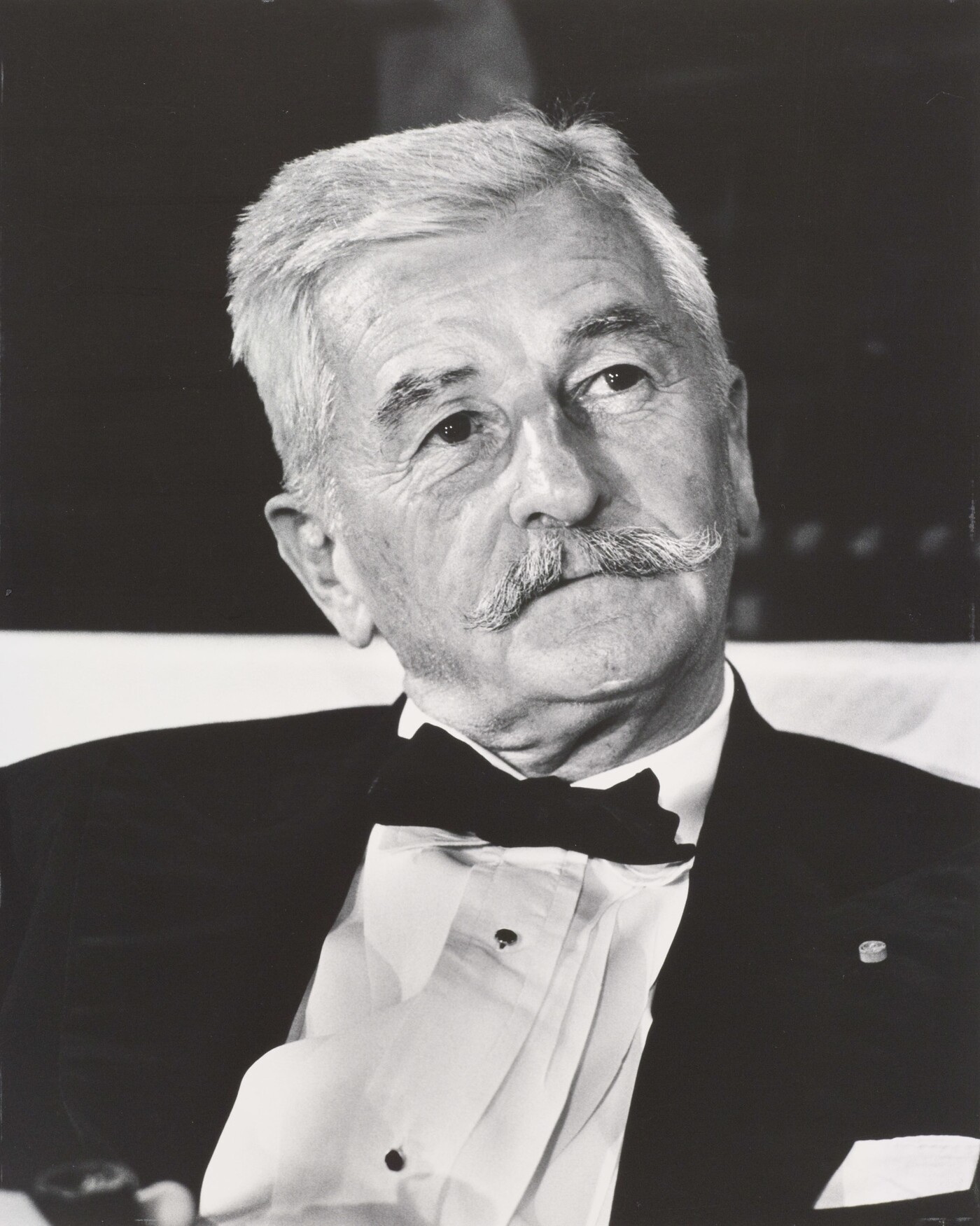Jimmy Carter: Former President And Nobel Laureate
Editor's Notes: "Jimmy Carter: Former President And Nobel Laureate" have published today date
"Jimmy Carter: Former President And Nobel Laureate" is planned to release "coming soon". We’ve spent hours researching, digging into information, and making the best "Jimmy Carter: Former President And Nobel Laureate" we could put together to help target audience make the right decision.
Key differences or Key takeways
Organize the information on our "Jimmy Carter: Former President And Nobel Laureate" into different sections, such as features, benefits, pricing, and reviews.
FAQs by Jimmy Carter: Former President And Nobel Laureate
Jimmy Carter is a distinguished former President of the United States, who is well-renowned for his significant contributions to global development and humanitarian causes. To further enhance understanding of his perspectives and insights, here's a compilation of frequently asked questions and responses:

President Jimmy Carter - JudithMarten - Source judithmarten.blogspot.com
Question 1: What were the primary goals of your presidency?
During my term, I focused on addressing pressing national and international challenges, including energy conservation, human rights advocacy, and promoting peace through diplomacy. The pursuit of these objectives aimed to foster a more just and equitable society both domestically and globally.
Question 2: What inspired you to establish the Carter Center?
The Carter Center is a reflection of my deep-seated belief in the importance of post-presidential engagement. I founded it to continue working towards global peace, democracy, and health. Through its various programs, the Center strives to address pressing issues such as conflict resolution, election monitoring, and disease prevention, with a focus on empowering local communities and collaborating with partners worldwide.
Question 3: What do you consider to be the most significant achievements of your presidency?
During my presidency, several notable achievements were made, including the establishment of the Department of Energy, the signing of the Camp David Accords, the creation of the Panama Canal Treaty, and the return of the Canal Zone to Panama. These accomplishments represented significant progress in energy policy, international diplomacy, and the advancement of human rights.
Question 4: What do you believe are the key challenges facing the world today?
The world currently faces a multitude of pressing challenges, including climate change, economic inequality, armed conflicts, and the proliferation of nuclear weapons. Addressing these complex issues requires global cooperation, innovative solutions, and a commitment to sustainable development. It is imperative that we work together to build a more peaceful, just, and prosperous future for all.
Question 5: What advice would you give to aspiring leaders?
To those aspiring to leadership roles, I would emphasize the importance of integrity, empathy, and a deep understanding of the needs of the people they serve. True leadership involves listening attentively, seeking diverse perspectives, and making decisions based on sound judgment and ethical principles. It is also essential to remain steadfast in one's commitment to serving others and working towards the greater good.
Question 6: What is your message of hope for the future?
Despite the challenges we face, I remain optimistic about the future. I believe in the power of human ingenuity, compassion, and the indomitable spirit of people around the world. By working together, we can overcome adversity and build a better tomorrow for ourselves and generations to come. Let us strive to create a world where peace, justice, and human dignity prevail.
These questions and answers provide valuable insights into the perspectives and priorities of Jimmy Carter throughout his career as a statesman, humanitarian, and advocate for global peace.
Explore more: Discover additional articles and resources related to Jimmy Carter and his contributions to global development and international relations.
Tips by Jimmy Carter: Former President And Nobel Laureate

Jimmy Carter Photo Gallery: Nobel Prize 2002 - Source www.cartercenter.org
A recipient of various prestigious honors, including the Nobel Peace Prize, Jimmy Carter has made many contributions with his work in fostering peace and human rights.
Tip 1: Practice active listening
Empathize by paying close attention to what others say and convey, both verbally and non-verbally.
Tip 2: Seek common ground
Focus on shared interests and values rather than differences. Emphasize areas of agreement to build bridges.
Tip 3: Approach conflicts with empathy
Understand and acknowledge the perspectives and emotions of those involved. This fosters understanding and facilitates dialogue.
Tip 4: Promote dialogue and communication
Encourage open and honest conversations, even when they are difficult. Dialogue can lead to mutual understanding and resolve.
Tip 5: Foster a spirit of collaboration and cooperation
Work together to find solutions that benefit everyone involved. Teamwork and collaboration can achieve more than individual efforts.
Tip 6: Seek compromise and consensus
Negotiate and find solutions that accommodate the needs and interests of all parties. Compromise can lead to mutually acceptable outcomes.
Tip 7: Be patient and persistent
Pursuing peace and human rights requires patience and persistence. Results may not be immediate, but steady effort can lead to progress.
By incorporating these tips, individuals and communities can contribute to fostering understanding, promoting peace, and protecting human rights.
Jimmy Carter: Former President And Nobel Laureate

Former President Jimmy Carter released from hospital in Canada - CBS News - Source www.cbsnews.com
Jimmy Carter's multifaceted career encompasses his tenure as the 39th President of the United States and his subsequent recognition as a Nobel Laureate. Six key aspects that illuminate his remarkable journey are:
- Presidential Leadership: Camp David Accords, Human Rights Advocacy
- Diplomatic Diplomacy: Middle East Peace Negotiations, Carter Center
- Humanitarian Endeavors: Habitat for Humanity, Global Health Initiatives
- Environmental Stewardship: Solar Energy Promotion, Conservation Policies
- Post-Presidential Advocacy: Election Monitoring, Conflict Resolution
- Nobel Peace Prize: Recognition for "Tireless efforts to find peaceful solutions to international conflicts"
These aspects reflect Carter's unwavering commitment to global peace, human rights, and sustainable development. His diplomacy facilitated historic agreements, while his humanitarian efforts alleviated suffering worldwide. Through his emphasis on environmental stewardship, he sought to preserve the planet for future generations. Carter's post-presidential advocacy demonstrated his enduring dedication to promoting democracy and resolving conflicts. The Nobel Peace Prize stands as a testament to his exceptional contributions to global harmony.

Nobel Prize Laureate William Faulkner at West Point. 1962 | Amon Carter - Source www.cartermuseum.org
Jimmy Carter: Former President And Nobel Laureate
Jimmy Carter, the 39th President of the United States, is a renowned figure known not only for his political achievements but also for his unwavering commitment to humanitarian work. Carter's journey towards receiving the Nobel Peace Prize in 2002 is a testament to his lifelong dedication to promoting peace and understanding worldwide.

Inside Robben Island Prison Editorial Photo - Image of imprisoned - Source www.dreamstime.com
Carter's presidency was marked by his efforts to foster diplomacy and cooperation. He played a pivotal role in brokering the historic Camp David Accords in 1978, which brought together Egyptian President Anwar Sadat and Israeli Prime Minister Menachem Begin to negotiate a peace treaty. Carter's unwavering belief in peaceful resolution of conflicts led him to establish the Carter Center in 1982, a non-profit organization dedicated to advancing human rights and promoting democracy.
Through the Carter Center, Carter has undertaken numerous initiatives to address critical global issues, including disease eradication, conflict resolution, and election monitoring. The center's work in eradicating Guinea worm disease, a debilitating parasitic infection, has been particularly impactful, with cases declining by over 99% since the program's inception in 1986.
In recognition of his extraordinary contributions to world peace, Carter was awarded the Nobel Peace Prize in 2002. The Nobel Committee cited his "decades of untiring effort to find peaceful solutions to international conflicts, to advance democracy and human rights, and to promote economic and social development." Carter's Nobel Prize serves as a testament to the profound impact of his unwavering commitment to peace and human dignity.
| Year | Event |
|---|---|
| 1977 | Elected President of the United States |
| 1978 | Brokered the Camp David Accords between Egypt and Israel |
| 1982 | Founded the Carter Center |
| 1986 | Launched the Guinea Worm Eradication Program |
| 2002 | Awarded the Nobel Peace Prize |
Conclusion
Jimmy Carter's legacy as a former President and Nobel Laureate is one of unwavering commitment to peace, human rights, and global cooperation. His tireless efforts to promote diplomacy, resolve conflicts, and improve the lives of people around the world serve as an inspiration for all who aspire to make a positive impact on society.
Carter's journey is a reminder that even a single individual can make a profound difference in the world. His unwavering belief in the power of diplomacy and the importance of human dignity has left a lasting mark on global affairs and continues to inspire countless others to strive for a more peaceful and just world.